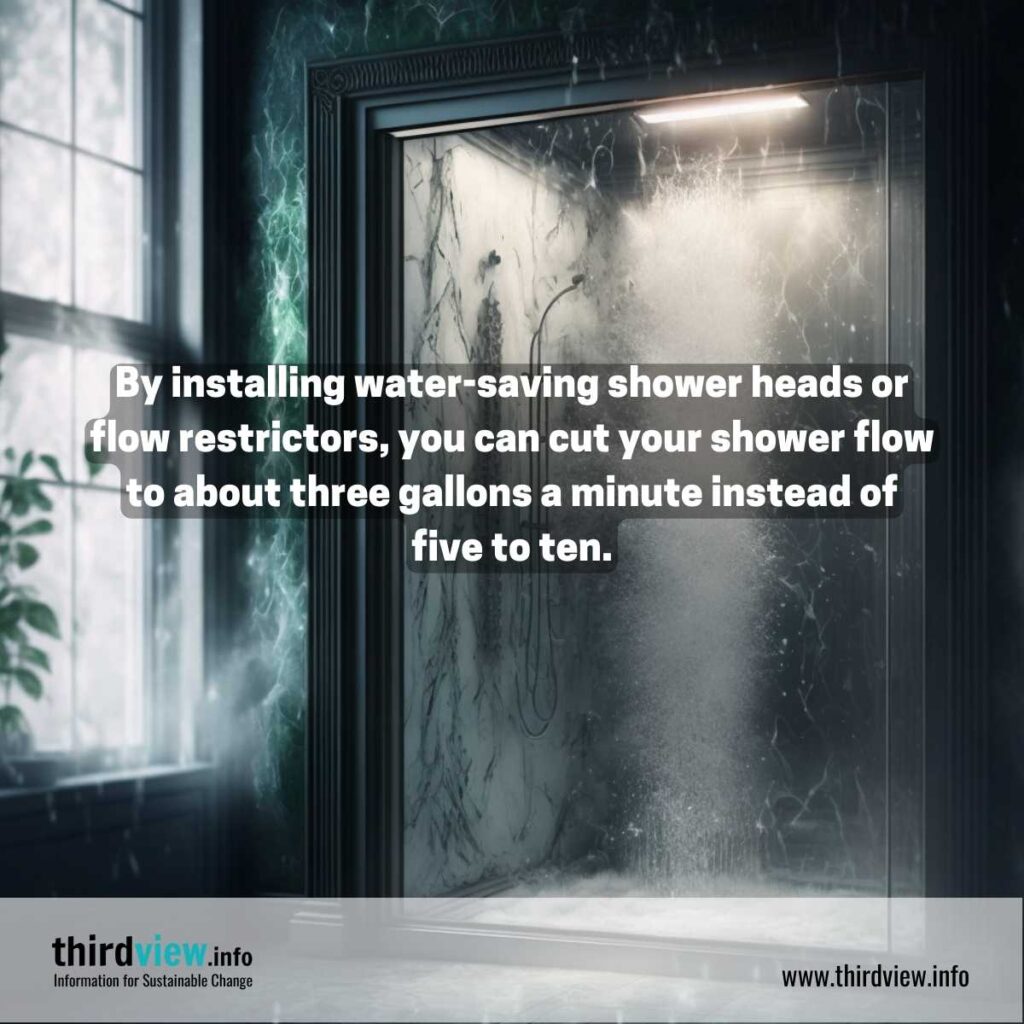The Main Principles Of Reclaim Waste
The Main Principles Of Reclaim Waste
Blog Article
The Facts About Reclaim Waste Revealed
Table of ContentsAll about Reclaim WasteIndicators on Reclaim Waste You Should KnowSome Known Factual Statements About Reclaim Waste The Main Principles Of Reclaim Waste The Best Guide To Reclaim Waste
Discover the types, events, and kinds of fluid waste. Residential sewage waste refers to the waste and items from a residential septic container. This sort of waste is developed by human beings in houses, colleges, and other structures. This only includes septic containers that have a drainpipe field. The appropriate management and disposal of residential sewage waste require fluid waste to be moved to a sewage therapy plant where the proper methods and devices are related to detoxify and dispose of waste.
Commercial waste typically includes prospective hazards, such as combustible materials or a mix of fluid and strong waste products, and needs an extra advanced and in-depth disposal procedure. The disposal of commercial waste normally entails the filtration of waste prior to transport to ensure risk-free and appropriate disposal. Hazardous waste is created from byproducts and runoff of industrial procedures and manufacturing.
This kind of waste can not make use of the very same sewage administration transportation or processes as septic or business liquids. The hazardous waste monitoring process needs the evaluation and screening of fluid waste before it goes through the disposal process (liquid waste disposal). Runoff waste is the fluid waste that comes from drainage and excess stormwater in very booming areas or cities
Runoff waste can cause contamination and flooding if not dealt with correctly. Ensuring correct waste administration can stop disasters and minimize ecological damage.
Unknown Facts About Reclaim Waste
Get in touch with PROS Services today to learn more about our waste administration and disposal services and the proper methods to look after the liquid waste you generate.
(https://www.ted.com/profiles/48198485/about)Do you understand what happens to your water when you end, flush the toilet or drain the washing machine? No? Well, it's worth recognizing. This so-called 'wastewater' is not just a crucial resource but, after therapy, will be launched to our land, rivers or the ocean. Made use of water from bathrooms, showers, bathrooms, kitchen area sinks, washings and industrial procedures is referred to as wastewater.

water used to cool machinery or clean plant and tools). Stormwater, a form of wastewater, is drainage that flows from farming and urban areas such as roofs, parks, yards, roads, courses and gutters right into stormwater drains, after rain. Stormwater moves untreated straight to regional creeks or rivers, eventually getting to the sea.
Getting The Reclaim Waste To Work
In Queensland, most wastewater is treated at sewage therapy plants. Wastewater is carried from domestic or industrial sites via a system of sewers and pump stations, understood as sewage reticulation, to a sewage treatment plant.
The Department of Natural Resources encourages city governments about handling, operating and keeping sewerage systems and therapy plants. In unsewered areas, local federal governments might require householders to set up private or home sewage therapy systems to deal with domestic wastewater from toilets, cooking areas, washrooms and washings. The Division of Natural Resources authorises making use of household systems when they are confirmed to be effective.
The majority of stormwater receives no treatment. In some brand-new subdivisions, therapy of some stormwater to eliminate clutter, sand and gravel has started utilizing gross pollutant catches. Wastewater therapy takes place in four stages: Removes strong issue. Larger solids, such as plastics and other things mistakenly discharged to sewers, are gotten rid of when wastewater is passed with screens.
Wastewater after that streams into huge storage tanks where solids settle and are eliminated as sludge. Oil and scum are skimmed from the surface area. Uses little living microorganisms referred to as micro-organisms to break down and remove remaining dissolved wastes and great bits. Micro-organisms and wastes are integrated in the sludge. Eliminates nitrogen and phosphorus nutrients that can trigger algal blooms in our rivers and threaten water life.
The 30-Second Trick For Reclaim Waste
Nutrient removal is not offered at all sewer therapy plants since it needs pricey specialized tools. It is coming to be much more usual in Queensland. Clear fluid effluent generated after treatment might still include disease-causing micro-organisms. If this effluent is launched into waterways such as rivers or the sea, the micro-organisms will ultimately pass away out.

This typically indicates wastewater needs to be dealt with or impurities eliminated prior to it can be released to waterways. Many wastewater moves into the sewerage system. Under the Act, neighborhood governments administer authorizations and permits for eco pertinent activities (Periods) entailing wastewater releases that might have a neighborhood impact. The department carries out approvals and licences to Periods link entailing wastewater releases that might have a regional or statewide impact.
5 Simple Techniques For Reclaim Waste
Monitoring supplies valid details about water quality and can confirm that permit problems are being satisfied. The information obtained via monitoring gives the basis for making water high quality decisions.
Report this page